二氯二甲基硅烷,分析标准品,HPLC≥99.2%
产品编号:西域质检-TM20676| CAS NO:75-78-5| 分子式:C2H6Cl2Si| 分子量:129.061
本网站销售的所有产品仅用于工业应用或者科学研究等非医疗目的,不可用于人类或动物的临床诊断或者治疗,非药用,非食用,
二氯二甲基硅烷
This certificate is designed in accordance with ISO 17034 and ISO Guide 31. This reference material (RM) was designed,produced and verified in accordance with ISO/IEC 17025, ISO 17034 and a registered quality management system ISO 9001.

The certified value(s) and uncertainty(ies) are determined in accordance with ISO 17034 with an 95% confidence level(k=2). Uncertainty is based on the Total Combined Uncertainty, including uncertainties of characterisation, homogeneity and stability testing. Stability values are based on real evidence opposed to simulation.
The balances used for gravimetric measurements are calibrated with weights traceable to the national standards. The calibration of the balances is verified annually by an external accredited calibration service. This analysis method has been verified using an approach consistent with ISO 17034:2016 & ISO 17025:2017.
| CERTIFICATE ON | QC SIGNATURE | |
| 2022-Apr-11 |

|
RM Release |
GC
GC
This RM is intended for use in a laboratory as a calibration and quality control standard or in method development for analytical techniques.
This reference material meets the specification stated in this certificate until the expiry date, provided it is stored unopened at the recommended temperature here in. If storage after opening is necessary, the RM should be tightly closed and kept from light and moisture.
Read Material Safety Data Sheet (MSDS) and understand any potential hazard(s) prior to the use of this product. All chemicals should be considered potentially hazardous in nature and should only be handled by qualified personnel using established good laboratory practices.
Random replicate samples of the final packaged RM have been analysed to prove homogeneity compliant with ISO 17034.
It is recommended to use 1 mg as the minimum sample size and if less material is used, to increase the certified uncertainty by a factor of two for half sample and four for a quarter of sample.Visit the support section of our website technology videos and frequently asked questions.
相关文档
化学品安全说明书(MSDS)
下载MSDS质检证书(COA)
相关产品
| 符号 |
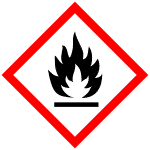
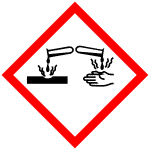
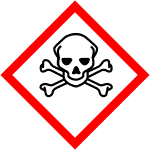
GHS02, GHS05, GHS06 |
|---|---|
| 信号词 | Danger |
| 危害声明 | H225-H302-H314-H331 |
| 补充危害声明 | Corrosive to the respiratory tract., Reacts violently with water. |
| 警示性声明 | P210-P261-P280-P305 + P351 + P338-P310 |
| 个人防护装备 | Faceshields;full-face respirator (US);Gloves;Goggles;multi-purpose combination respirator cartridge (US);type ABEK (EN14387) respirator filter |
| 危害码 (欧洲) | F:Flammable |
| 风险声明 (欧洲) | R11;R36/37/38 |
| 安全声明 (欧洲) | S60-S61-S62-S36/37-S59 |
| 危险品运输编码 | UN 2924 3/PG 2 |
| WGK德国 | 3 |
| RTECS号 | VV3150000 |
| 包装等级 | II |
| 危险类别 | 3 |
| 海关编码 | 29310095 |
2.对环境的影响: 一、健康危害 侵入途径:吸入、食入、经皮吸收。 健康危害:对呼吸道和眼睛、皮肤粘膜有强烈刺激作用。吸入后可因喉、支气管的痉挛、水肿,化学性肺炎、肺炎、肺水肿而致死。接触本品的工人可有眼痛、流泪、咳嗽、头痛、恶心、呕吐、喘息、易激动、皮肤发痒等症状。 二、毒理学资料及环境行为 急性毒性:LC504910mg/m3,4小时(大鼠吸入) 危险特性:易燃,遇高热、明火或与氧化剂接触,有引起燃烧爆炸的危险。受热或遇水分解放热,放出有毒的腐蚀性烟气。具有腐蚀性。 燃烧(分解)产物:一氧化碳、二氧化碳、氧化硅、氯化氢。 3.现场应急监测方法: 4.实验室监测方法: 四甲基二氨基二苯甲酮比色法《空气中有害物质的测定方法》(第二版),杭士平主编 5.环境标准: 中国(TJ36-79)车间空气中有害物质的最高容许浓度 2mg/m3 6.应急处理处置方法: 一、泄漏应急处理 迅速撤离泄漏污染区人员至安全区,并进行隔离,严格限制出入。切断火源。建议应急处理人员戴自给正压式呼吸器,穿消防防护服。不要直接接触泄漏物。尽可能切断泄漏源,防止进入下水道、排烘沟等限制性空间。小量泄漏:用砂土或其它不燃材料吸附或吸收。也可以用不燃性分散剂制面的乳液刷洗,洗液稀释后放入废水系统。大量泄漏:构筑围堤或挖坑收容。用泡沫覆盖,降低蒸气灾害。用防爆泵转移至槽车或专用收集器内,回收或运至废物处理场所处置。 二、防护措施 呼吸系统防护:可能接触其蒸气时,应该佩戴自吸过滤式防毒面具(全面罩)。紧急事态抢救或撤离时,建议佩戴隔离式呼吸器。 眼睛防护:呼吸系统防护中已作防护。 身体防护:穿胶布防毒衣。 手防护:戴橡胶手套。 其它:工作现场严禁吸烟。工作毕,淋浴更衣。注意个人清洁卫生。 三、急救措施 皮肤接触:立即脱去被污染的衣着,用大量流动清水冲洗至少15分钟。就医。 眼睛接触:立即提起眼睑,用大量流动清水或生理盐水彻底冲洗至少15分钟。就医。 吸入:迅速脱离现场至空气新鲜处。保持呼吸道通畅。如呼吸困难,给输氧。如呼吸停止时,立即进行人工呼吸。就医。 食入:误 服者用水漱口,给饮牛奶或蛋清。就医。 灭火方法:喷水冷却容器,可能的话将容器从火场移至空旷处。灭火剂:二氧化碳、干粉、砂土。禁止用水或泡沫灭火。 |
| 上游产品 10 | |
|---|---|
| 下游产品 10 | |

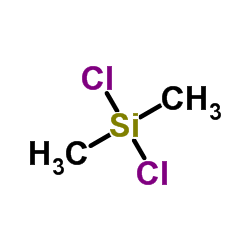

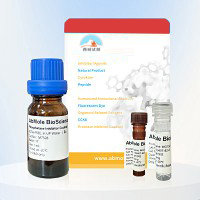
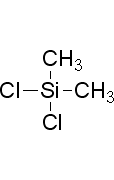

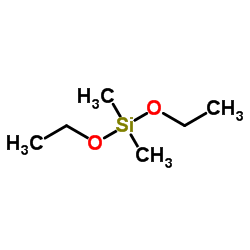
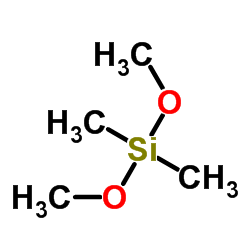
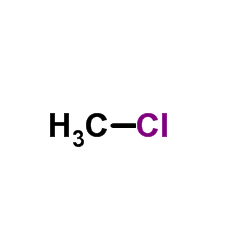

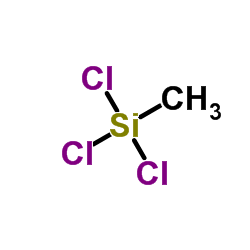

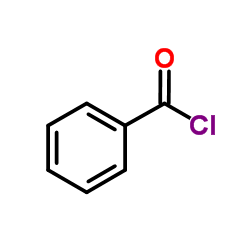
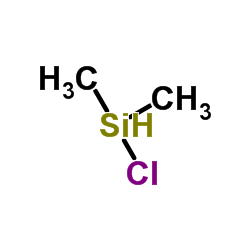
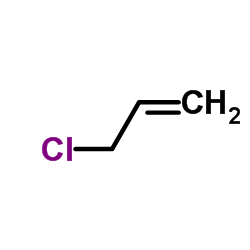
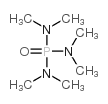
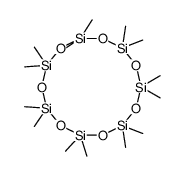
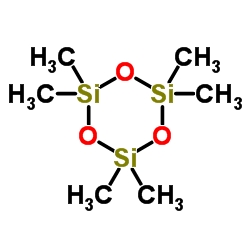
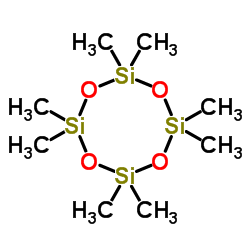
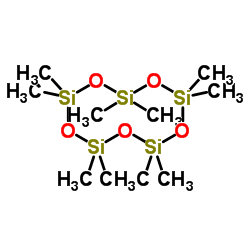
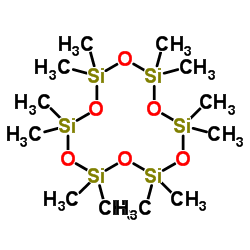


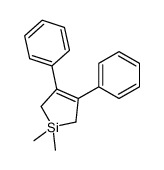
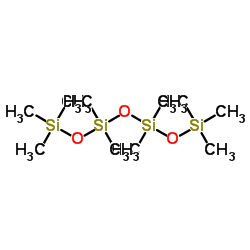
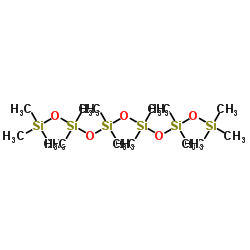





 浙公网安备 33010802013016号
浙公网安备 33010802013016号